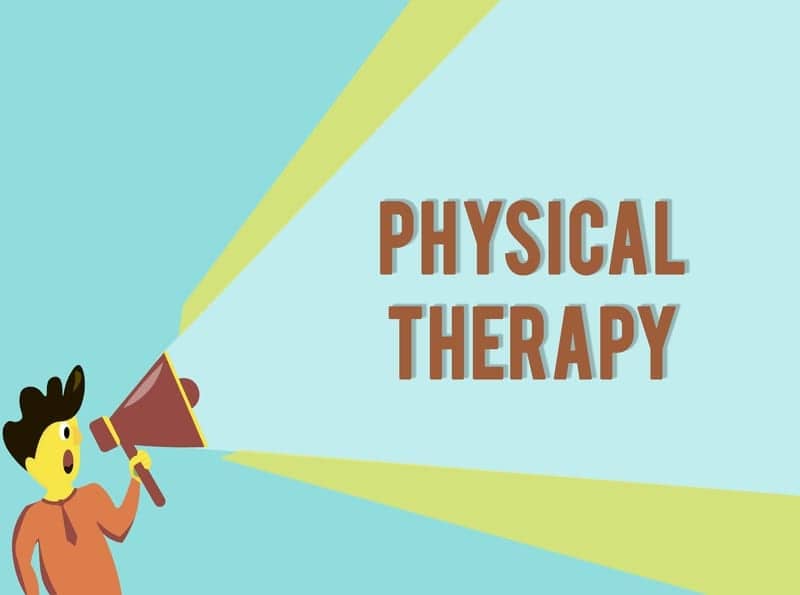The National Science Foundation (NSF) has awarded a $1.1 million the VTC Smart Rehab Lab to continue development of its Semi-Automated Rehabilitation At Home (SARAH) project.
The system will include a fused knowledge base of human and machine learning to assess patient performance during training and daily activities at the home and provide feedback to the patient and summaries of progress to the remote therapist – a major innovation that can be expanded to a range of therapy needs.
“The main goal here is that we want to be able to provide much more therapy to many more people at a significantly reduced cost.”
— Thanassis Rikakis, a professor of biomedical engineering and mechanics at Virginia Tech and principal investigator on the SARAH project
A Collaborative Project
The VTC Smart Rehab Lab is a collaboration of the Virginia Tech College of Engineering, Fralin Biomedical Research Institute at VTC, Virginia Tech Carilion School of Medicine, and Carilion Clinic, which will conduct clinical tests of the equipment and methods.
The project responds to growing demand for physical therapy as the US population ages, according to Virginia Tech, in a media release.
The physical and occupational therapy industry identified the need for in-home therapy options at scale over a decade ago, Rikakis adds. But tele-rehabilitation saw little progress because the expert functions of therapists couldn’t be replicated at home.
SARAH’s fused cyber human analysis of patient data captures therapist expertise, and technology has advanced in ways that make it practical and cost effective. In addition, the semi-automated approach of SARAH keeps the therapist-patient relation at the core of the therapy.
Inexpensive and Ubiquitous
The system relies on inexpensive, ubiquitous technology and applications, such as streaming cameras and a tablet computer. This inexpensive set up makes it possible to implement at scale without asking insurance to necessarily support the cost of the system.
Patients sit at a table or desk before two cameras following directions displayed on the tablet, performing a series of exercises using a set of 3D printed manipulable items on a mat. The system offers real time feedback that helps to self-assess their performance and develop active motor learning strategies. The system also summarizes patient performance so it can be quickly reviewed by a remote therapist on a daily basis. The therapist can then offer feedback on improving execution of exercises and adapt the training remotely as the patient progresses.
In addition, patients will wear unintrusive, waterproof kinetic sensors on their wrists like watches, along with one as a ring. The sensors will track their movements throughout the day, providing therapists with data on daily activity they aren’t there to observe.
The system will rely on cellular connections to allow for use by patients across Carilion’s 20-county service area, much of which is rural without high-speed internet.
The lab has developed and is refining the hardware. The next steps will be to develop the fused knowledge base and ultimately deploy the system in clinical trials with patients and therapists at Carilion, the release continues.
A Transdisciplinary Approach
Rikakis comments that the effort is a great example of a transdisciplinary approach that begins with a societal problem and allows a range of experts to see their role in solving it. The project pulls from expertise in multiple Virginia Tech labs. Other partners include Carnegie-Mellon, Emory, and Arizona State universities. The Smart Rehab Lab and the Shirley Ryan Ability Lab at Northwestern University also collaborate on a National Institutes of Health-funded semi-automated assessment of therapy.
The system is also being developed with input from those who will use it, with high regard for patient privacy and comfort and the experience of therapists. The experiences and expertise of therapists have also shaped the system.
While the system won’t be ideal in all cases, the ongoing COVID-19 pandemic is fostering acceptance of distanced interactions of all kinds, and is opening minds to telemedicine.
With patients using wearable sensors, the system provides data and feedback throughout their daily lives, giving therapists a window they’ve never had into how patients behave when they’re out of sight.
Therapists can make targeted changes in response to that data, producing better outcomes for patients, according to Virgil Thompson, rehabilitation manager at Carilion. That can mean fewer patients needing surgery because therapy was ineffective.
“This system allows us to be efficient with our care and the treatments we provide to patients and to do it cost effectively. That’s where health care needs to go.”
[Source(s): Virginia Tech, EurekAlert]
Related Content:
Telehealth Study Aims to Help Shape Virtual Physical Therapy Treatment
Now Available: Remote Monitoring Technology for Home Therapy
Community Ambulation Project Tests Home-Based Physical Therapy as a Mobility Aid





